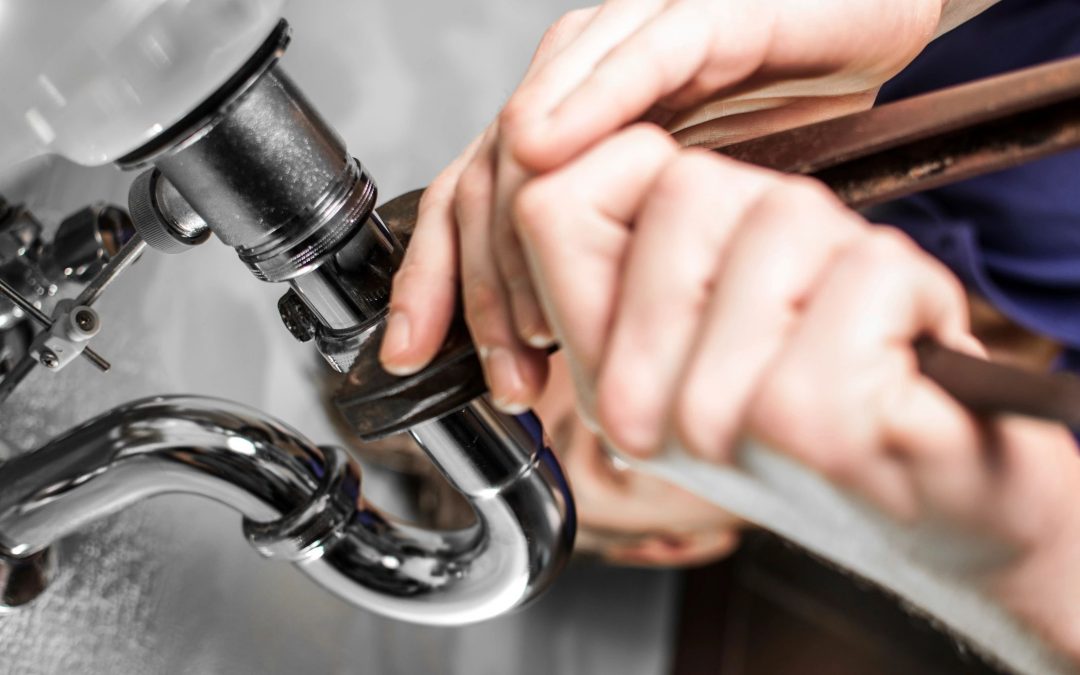Knowing how to take care of your plumbing and prevent common issues is essential as a homeowner. Minor problems can quickly become big, expensive ones if they’re not taken care of immediately. Luckily, most plumbing maintenance is easy and doesn’t require a professional.
Top 3 Ways to Maintain Your Plumbing and Prevent Common Issues
1. Check for leaks regularly and repair them promptly.
Leaky faucets and pipes are not only annoying but also a waste of water. A single leaky faucet can waste up to 3,000 gallons of water per year, so it’s essential to fix them as soon as you notice them. You should also check your pipes regularly for leaks and have any that you find repaired as quickly as possible.
2. Don’t pour grease or oil down the drain.
Grease and oil can clog your pipes and cause significant issues. Instead of pouring them down the drain, let them cool off and dispose of them in the trash.
3. Clean your drains regularly.
Hair, soap scum, and other debris can build up in your drains and cause clogs. To prevent this, you should regularly clean your gutters with a plunger or a plumber’s snake. You can also pour boiling water down your drains weekly to help clear them.
At some point, every homeowner will need to call a plumbing service. Whether for a simple repair or a brand-new installation, it’s essential to know what to expect from the process. Here’s a quick overview of what you can expect when you call a professional plumbing service.
The first thing you can expect is for the plumber to arrive on time. When you schedule a plumbing service call, you’ll be given a two-hour window in which the plumber will come. This ensures you’re not stuck waiting around for the plumber to show up all day.
Once the plumber arrives, they will assess the situation and give you an estimate of the cost of the repairs or installation. This estimate will be based on the severity of the issue and the amount of time it will take to fix it. Once you have approved the assessment, the plumber will get to work.
If they are doing repairs, they will start by turning off the water to your home so they can make the repairs without causing further damage. Once they have made the repairs, they will turn the water back on and test everything to ensure it is working correctly.
Finally, once everything is working correctly, the plumber will clean up their work area and provide you with information on how to care for your new fixtures or repairs. They will also answer any questions you may have about what they did.
Following these simple tips, you can maintain your plumbing and prevent common issues. However, if you run into a problem you can’t fix yourself, don’t hesitate to call a professional plumber. They will be able to quickly diagnose the problem and get it fixed before it becomes a more significant issue.

